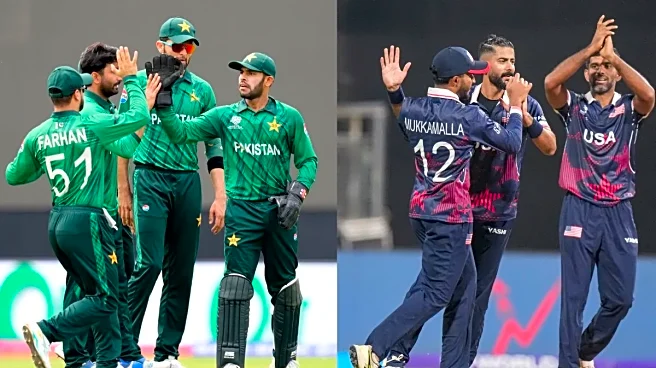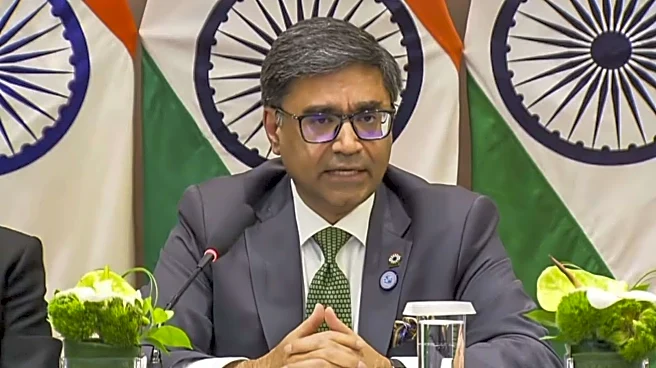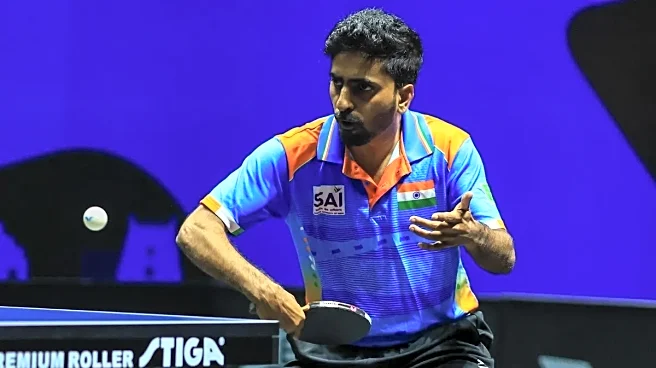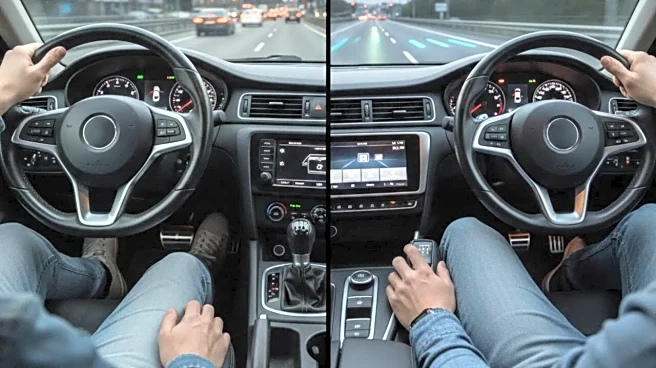The app, developed by the Mumbai Metropolitan Region Development Authority (MMRDA), allows commuters to book a single QR-based digital ticket usable across Metro, Monorail, suburban trains, and civic buses in the city and nearby regions. Officials said it was available for download from 5 a.m. on Thursday, and over 500 downloads were recorded by 8.30 a.m.
Until now, each transport operator has had its own digital ticketing system. Mumbai One is described as India’s first integrated common mobility app, aimed at removing the need for multiple paper tickets or separate bookings. The unified digital ticketing platform covers the entire Mumbai Metropolitan Region.
Launch and purpose
Prime Minister Modi unveiled the app on Wednesday while inaugurating the Navi Mumbai International Airport and the final phase of Mumbai Metro Line 3. He said all modes of transport are being connected to make travel seamless.
“Today, the country is moving towards the vision of One Nation, One Mobility. The Mumbai One app is another step in that direction. Now Mumbaikars will no longer have to stand in long queues for tickets,” the Prime Minister said.
Integrated services
The app combines ticketing for 11 transport operators — the Mumbai Suburban Railways, Metro Lines 1, 2A, 3, and 7, Navi Mumbai Metro, Monorail, and civic bus operators such as BEST, TMT (Thane), NMMT (Navi Mumbai), KDMT (Kalyan Dombivli), and MBMT (Mira Bhayandar).
It allows commuters to plan journeys, book tickets, and pay digitally across these services. However, ‘season’ or return tickets for suburban trains cannot be booked through the application.
How it works
Commuters can buy a single QR-based ticket through the app, valid across all integrated transport systems. The QR code can be scanned at Metro, Monorail, or other transport entry gates. Payments can be made using UPI, debit or credit cards. The platform supports fully cashless and contactless transactions.
The app also provides a multimodal journey planner that suggests the fastest and most economical routes, along with real-time route availability and service advisories.
How to download
The Mumbai One app can be downloaded from the Google Play Store for Android users and the Apple App Store for iPhone users. Steps:
- Download and install Mumbai One.
- Sign up using your mobile number.
- Select source and destination stations.
- Choose the number of tickets (up to four).
- Make payment using UPI, debit, or credit card.
- A QR code will be generated after successful payment.
- Scan the QR code at Metro or Monorail gates to enter.
Additional features
- Multimodal journey planner for trip planning across Metro, rail, and buses.
- Real-time updates on delays, routes, and estimated arrivals.
- Map-based interface showing nearby stations, tourist spots, and points of interest.
- SOS button for emergency assistance and commuter safety.
- No extra charges for users; MMRDA will bear all incidental costs.
Technology and capacity
According to MMRDA, the application is hosted on a MeitY-compliant Google Cloud Platform and powered by Google Kubernetes Engine, ensuring data security, scalability, and uninterrupted service. The system can handle up to 50 lakh transactions per day, and officials expect the user base to increase from 10 lakh to 50 lakh within a year.
Background and context
The need for a unified ticketing system arose as Mumbai’s transport network expanded. With the Metro network expected to grow from 70 km to 340 km, commuters faced challenges using different ticketing apps and counters.
Earlier, in 2008, the Brihanmumbai Electric Supply and Transport (BEST) had launched the Go Mumbai card for bus and train travel, but it failed to attract users. The new Mumbai One platform aims to achieve full digital integration across modes of transport and simplify payments and journey planning for millions of daily commuters.
Comparison and similar efforts
Similar integrated mobility systems are being developed in other cities. Kochi Metro Rail Limited (KMRL) is building a public transport system linking the city’s metro, electric water metro, and feeder electric buses through the Kochi 1 Card, which allows passengers to use a single card for all travel modes.
/images/ppid_59c68470-image-175999504802115228.webp)





/images/ppid_a911dc6a-image-177069364492857258.webp)




/images/ppid_59c68470-image-177069274594727234.webp)
/images/ppid_59c68470-image-17706927033367981.webp)
/images/ppid_59c68470-image-17706926096387229.webp)
/images/ppid_59c68470-image-177069252798378934.webp)
/images/ppid_59c68470-image-17706926650825720.webp)